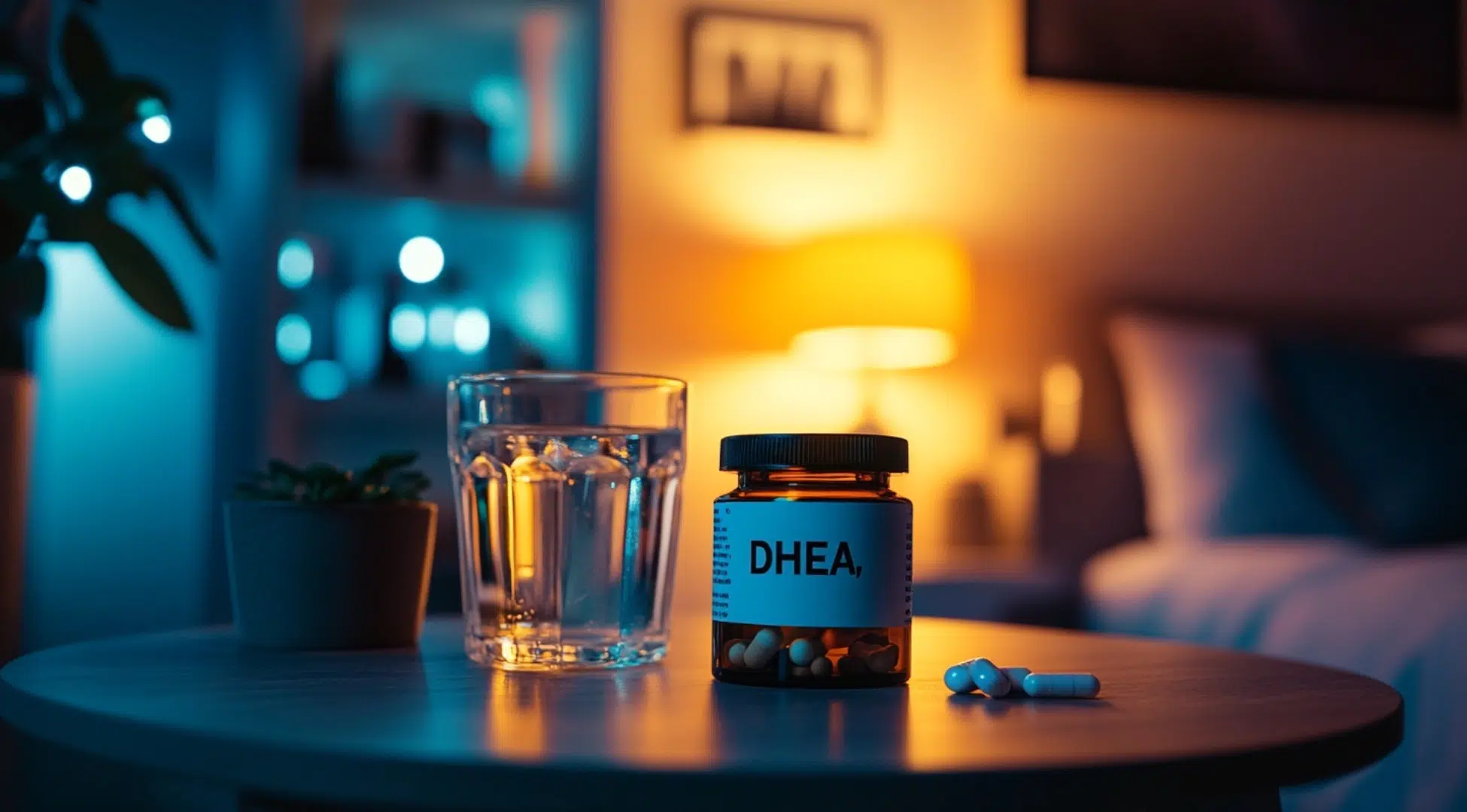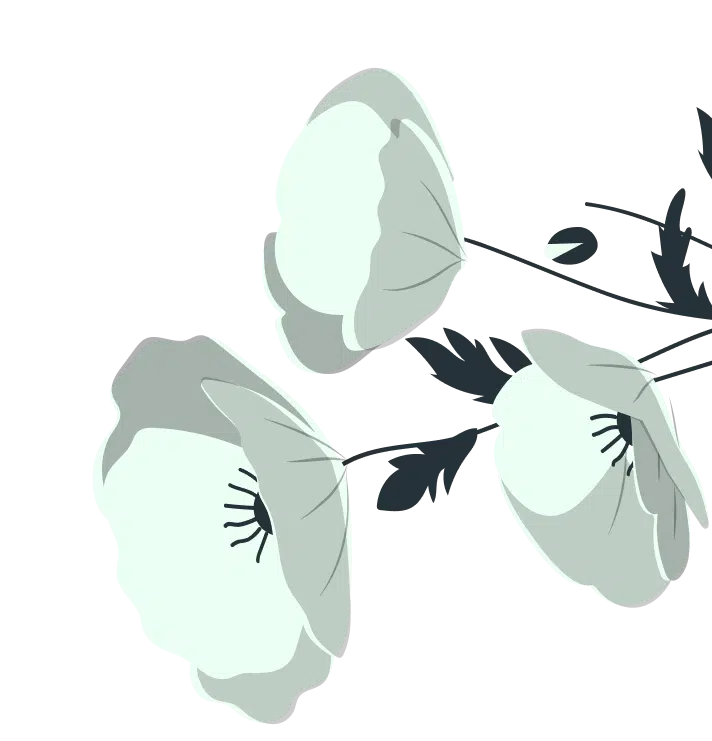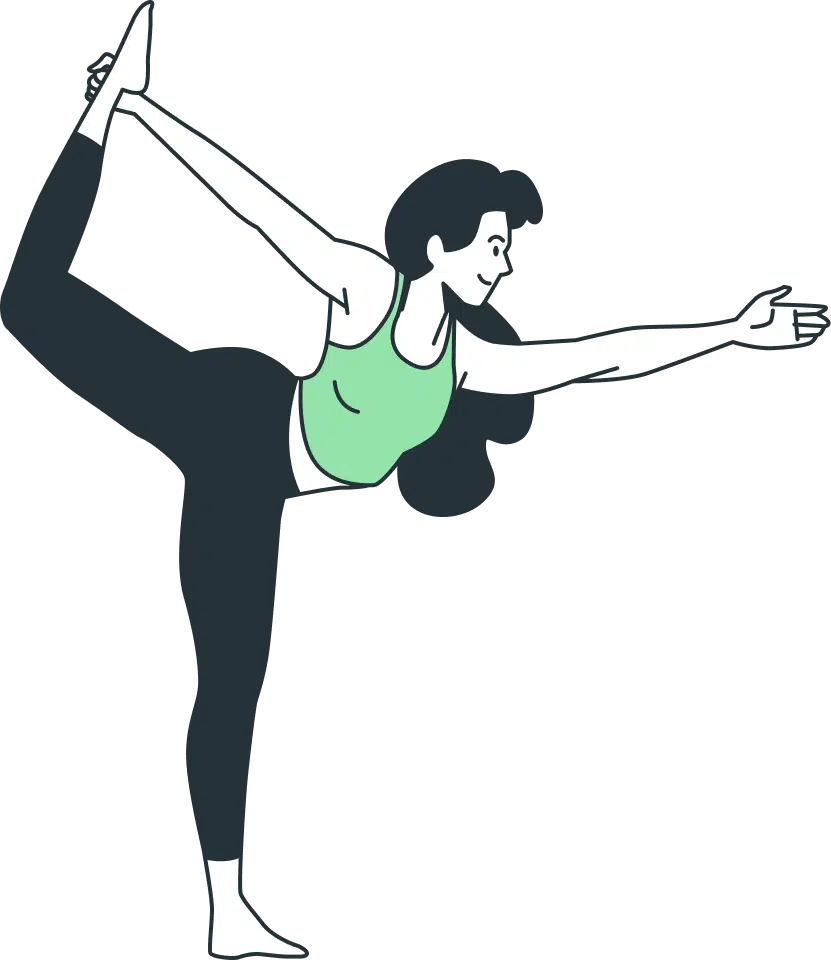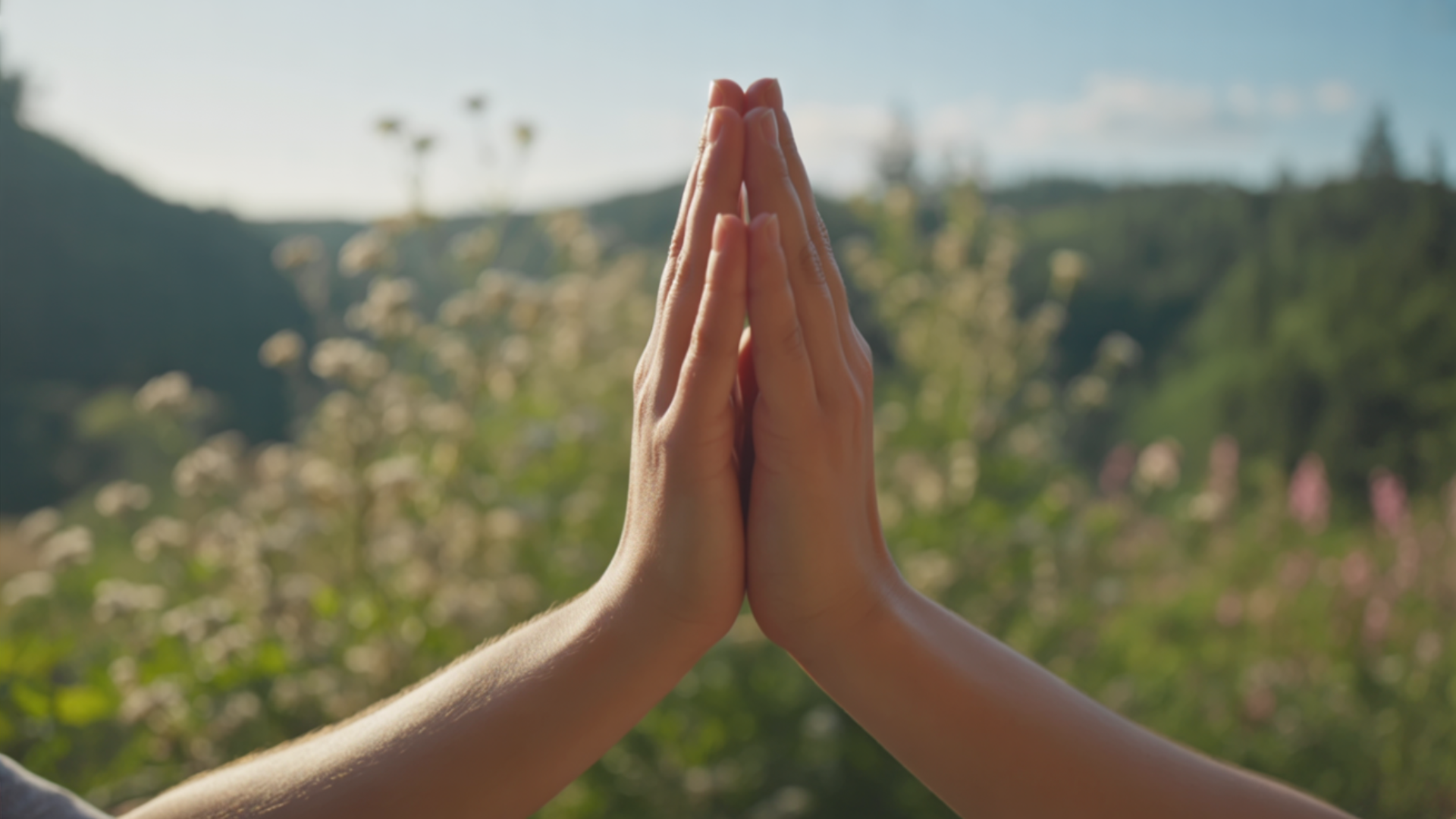Ever ask yourself why take DHEA at night? I did too. I felt worn out in the evenings and couldn’t figure out why. That’s when I learned that timing hormones like DHEA actually matters.
If you’re like me, tired, stressed ,or not sleeping well, this might help. In this quick read, I’ll walk you through what DHEA does, why nighttime might be the better time to take it, and how you can tell if it’s working.
I’ll also share what to avoid and who should be careful with it. This way, you’ll know what to expect before you even start.
If you’ve been thinking about trying DHEA, this can give you the right start – simple, clear, and made for you.
What is DHEA and What Does It Do?
DHEA, or dehydroepiandrosterone, is a hormone made by your adrenal glands. These are small glands that sit on top of your kidneys. DHEA helps your body make other important hormones like estrogen and testosterone.
It plays a key part in hormone balance, especially as you age. Your body makes the most DHEA in your 20s. After that, levels slowly drop. Lower DHEA can affect mood, energy, and muscle strength.
DHEA also supports your adrenal function, helping your body handle stress. Some studies suggest it may help with aging by keeping hormone levels steady, but more research is still needed.
When to Take DHEA: Morning or Night?
The best time to take DHEA depends on your body’s response and your goals.
- Morning: Many people take DHEA in the morning to align with the body’s natural rhythm, when DHEA levels are naturally highest. This timing may help boost focus, mood, and energy throughout the day.
- Night: Others prefer taking it in the evening, especially if their hormone levels drop later in the day. Nighttime use may support relaxation, sleep, and recovery after stress.
There’s no one “right” time for everyone. Try taking it at one time of day for a few weeks, then see how you feel. If your energy, mood, or sleep improves, you’re likely on the right track. If not, switching the timing might make a difference.
| Time of DHEA Intake | Natural DHEA Pattern | Possible Effect | Notes |
|---|---|---|---|
| Morning | DHEA levels are naturally higher | Adds to what your body already has | May boost the morning hormone peak |
| Night | DHEA levels are naturally lower | It may help even out the natural dip | It could affect sleep differently for each person |
| Any Time | — | Timing can affect people differently | Start slow and consult a doctor to find what works best |
To get the best results, start with a low dose, usually between 5–25 mg, and take it at the same time each day. If you’re trying it at night, take it 30–60 minutes before bed. This gives your body time to absorb it before sleep.
Keep track of how you feel for a few weeks; look for changes in sleep, mood, or energy. If you feel restless or wired at night, try switching to a morning dose instead.
Don’t change your dose too quickly. Give your body time to adjust. And always check your hormone levels before and during use to avoid side effects. A slow and steady approach works best with DHEA.
Important: DHEA affects hormone levels, so start with a low dose and adjust slowly based on your body’s response. Always consider discussing your plan with a healthcare professional before making changes.
Why Take DHEA at Night and its Benefits?

For some people, taking DHEA at night may work better than taking it in the morning. This is because of how the body handles hormones during rest and recovery.
Here are a few possible reasons why nighttime might be a better fit:
- Helps smooth out low evening DHEA levels
- May support better sleep and stress recovery
- Can avoid daytime side effects like restlessness
- Might boost nighttime hormone repair and balance
- May feel calming instead of energizing
At night, your body shifts into repair mode. Hormones play a big part in this process. If your DHEA levels are low in the evening, taking a small dose before bed could help your body rebalance while you sleep. It may also help with relaxation and reduce stress hormones like cortisol.
Not everyone will feel the same. Some people might still do better with a morning dose. The best way to know is to test one timing for a few weeks, then adjust if needed.
If DHEA in the morning makes you feel too “wired” or uneasy, switching to nighttime may bring better results. Start slow, and listen to what your body is telling you.
Morning vs. Night Time: Key Differences
Choosing when to take DHEA depends on your body, goals, and how you feel after taking it. Both morning and night have their own pros and cons. Here’s a simple comparison to help you decide:
Factor | Morning | Night |
|---|---|---|
| Matches Natural Rhythm | Yes – DHEA peaks in the morning | No, the levels usually dip at night |
| Best For | Boosting energy, mood, and focus | Supporting sleep, stress recovery |
| Possible Effects | More alert, energized | Calmer, more relaxed |
| Side Effects | May feel jittery or anxious | May feel sleepy or sluggish (in some) |
| Who May Benefit | People with low morning energy | People with low evening hormone levels |
This table gives a quick side-by-side look at how timing can change the way DHEA affects you. Try one, track how you feel, and switch if needed. Your body will usually give you clear signals on what works best.
Who Should and Shouldn’t Take DHEA at Night?
DHEA can be helpful for some, especially when taken at night, but it’s not a good fit for everyone. Knowing who may benefit and who should be careful is key to using it safely.
People Who May Benefit from DHEA at Night
If you often feel tired or stressed in the evening, and your hormone levels are low, you might be someone who could benefit from taking DHEA at night. Here are some examples:
- Adults over 40 with naturally falling DHEA levels
- Women in menopause dealing with low energy, poor sleep, or mood swings
- Men with low testosterone and signs of hormone imbalance
- People under chronic stress with low evening DHEA levels
- Those who feel overstimulated by morning doses
This group may see better sleep, improved mood, and smoother hormone support by shifting their dose to the evening.
People Who Should Avoid DHEA or Take Caution
DHEA is a real hormone, and in some cases, it can cause problems, especially if taken without proper guidance. The people below should be extra careful:
- Anyone with hormone-sensitive cancers (like breast, ovarian, or prostate)
- Pregnant or breastfeeding women
- People on hormone treatments or certain medications
- Those with liver problems or serious health conditions
- Teens and young adults with normal hormone levels
If you’re in this group, it’s best to avoid DHEA or use it only under a doctor’s care to avoid unwanted side effects or health risks.
DHEA Consumption: Common Side Effects to Watch For
When taking DHEA, there are certain things you should steer clear of to help it work properly and avoid unwanted problems. Food, habits, or even medications can change how your body reacts to DHEA.
Here are some things to watch out for:
- High caffeine intake: Can make restlessness or sleep problems worse.
- Alcohol use: May affect hormone balance and liver health.
- Steroid medications: Can interact with DHEA and change its effects.
- Poor sleep habits: It may block the calming benefits of nighttime DHEA.
- High-dose supplements: Taking too much at once can cause side effects.
- Skipping hormone testing: Increases the chance of using the wrong dose or timing.
Always keep an eye on how your body responds. If you notice new or worsening symptoms, it may be time to pause or adjust.
Conclusion
Now you and I both understand why taking DHEA at night could actually help. For me, changing the timing made a real difference in how I slept and felt. Maybe it can do the same for you.
Think about how your evenings have been. Are you feeling low, restless, or just not yourself? Try applying what you learned here. Take it slow, listen to your body, and notice the changes.
I’ve found that small changes, like this one, really add up. You don’t need to do everything at once; just start with one smart step.
If this helped you, there’s more where it came from. Take a minute to check out the other blogs on the website!



















